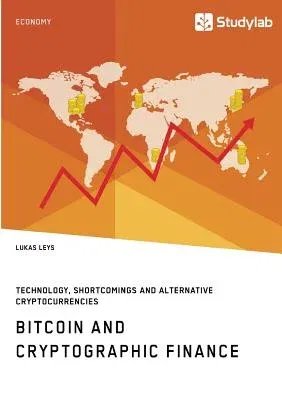Designed by an anonymous creator, Bitcoin is an intriguing and
revolutionary modern technology and payment transaction infrastructure.
But as with any new technology, there are many obstacles and threats on
the path towards mainstream acceptance. What are the shortcomings of the
Bitcoin protocol and Bitcoin as a currency? Moreover, which competitors
may one day be able to surpass Bitcoin and make it obsolete? Could a
suitable competitor replace Bitcoin, or will the open source virtual
currency keep improving itself to make competition obsolete? Traditional
classifications for currencies do not adequately apply to Bitcoin. It is
a new type of financial technology that entered the global market in
2008 and has since been able to draw the attention of investors,
business leaders, regulators and politicians. Whereas a Dollar, Yen,
Yuan or Euro can be hold like a currency, they cannot be secured and
transacted simply by itself. Individuals have to rely on third party
intermediaries in order to transfer funds for them and in order to store
them securely. Contrary to that, one cannot focus on Bitcoin as a
currency without acknowledging that it is also a transaction system in
itself and would not be able to function is one part of this duality is
gone. In fact it is even more precise to look at Bitcoin as a
decentralized transaction and financial services system, with a currency
function being only one aspect of the technology. In this book: -
Bitcoin; - Ripple; - cryptocurrency; - financial technology; - financial
service; - virtual currency


